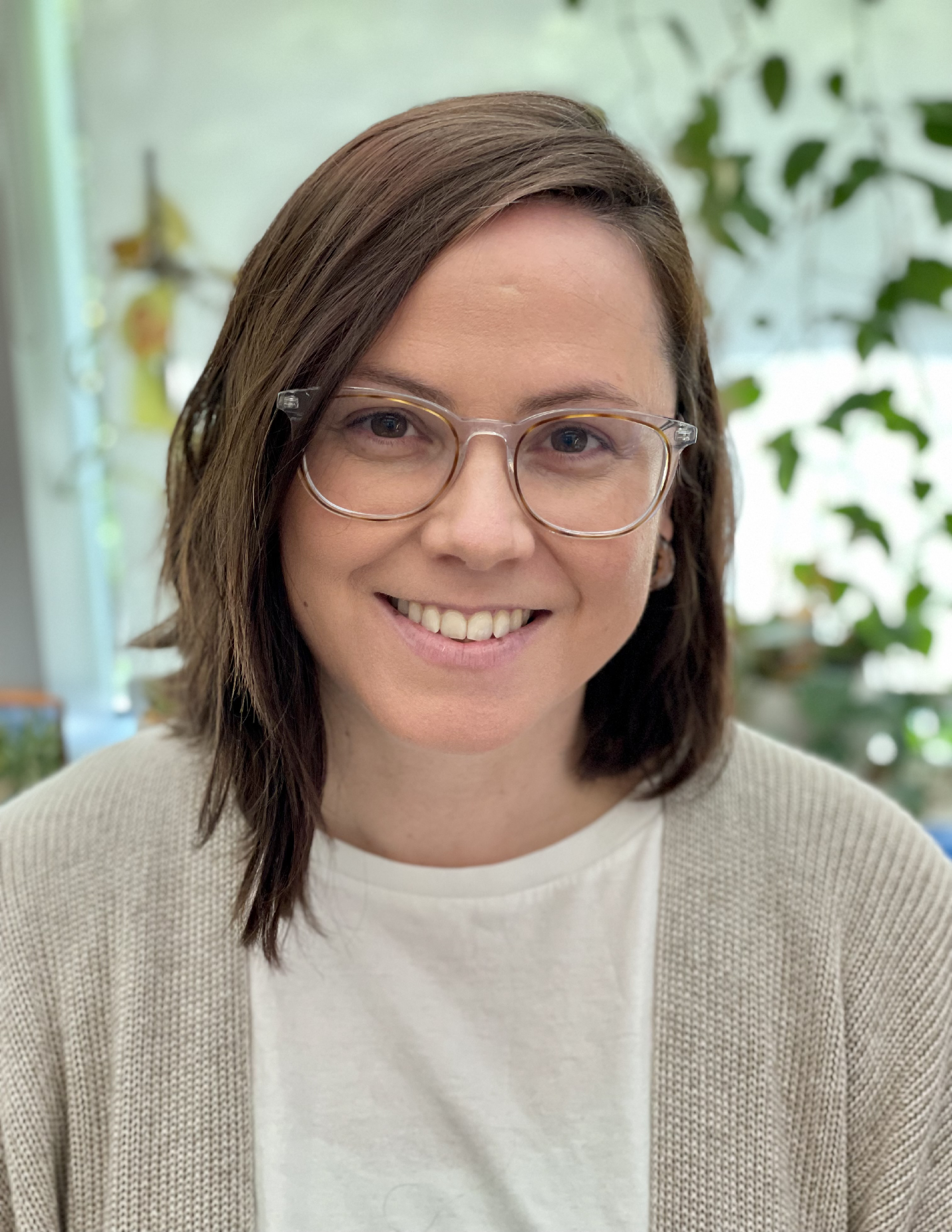Inflammation and Innate Immunity Unit
Established in 2015
Katrin D. Mayer-Barber, Dr. rer. nat. (Ph.D.)
Chief, Inflammation and Innate Immunity Unit

Major Areas of Research
- Cellular mechanisms of chronic inflammation in vivo
- Cytokine and lipid mediator networks in inflammation
- Role of innate immune cells in pulmonary immune responses
- Lipid metabolism in inflammation and host resistance
- Inflammation-induced disease exacerbation
Program Description
The Inflammation and Innate Immunity Unit (IIIU) investigates the function and regulation of inflammatory cytokines and lipid mediators during pulmonary immune responses, the immunological mechanisms of host protective versus host detrimental inflammation, with the goal to discover new avenues for host-directed immunotherapies that target inflammation.
Research in the IIIU is based on the hypothesis that during chronic inflammatory reactions, including Valley fever and tuberculosis, distinct arms of innate inflammatory responses establish counter regulatory cytokine and lipid mediator networks that ultimately determine health. This hypothesis led to the development of a Tipping-point model of disease exacerbation, which is currently the underlying conceptual framework of many ongoing projects in the lab. More specifically, our research is focused on inflammatory responses in the lung, a critical mucosal-barrier tissue exposed to both environmental and pathogenic insults. Innate immune cells interact with structural cells in the lungs to promote cooperative tissue immunity that facilitates disease tolerance of the organ itself but also system-wide, affecting immunometabolism and overall health. This innate regulation of protective inflammatory responses is important to prevent dysregulated detrimental responses that promote disease and greatly impair host resistance.
A better and more detailed understanding of the different classes of inflammation along with their corresponding innate effector cells, lipids, and cytokines networks that orchestrate protective versus detrimental inflammatory responses, will provide critical insight for the development of new and improved treatment strategies for a variety of chronic inflammatory diseases, including non-infectious chronic inflammatory conditions such as diabetes, obesity, autoinflammatory and autoimmune diseases, cancer as well as aging-related health impairments.
Biography
Education
Ph.D., 2006, University of Würzburg, Germany
Katrin (Kat) Mayer-Barber received her diploma in biology from the University of Würzburg, Germany, in 2002. In 2003, she came to the United States for her Ph.D. thesis work in the laboratory of Dr. Markus Mohrs at the Trudeau Institute in Saranac Lake, New York. There, she specialized in multi-parameter flow-cytometry analysis of pulmonary CD4 effector T cells and their interferon responses in vivo. She obtained her doctoral degree in 2006 from the University of Würzburg, Germany, and joined NIAID in 2007 as a postdoctoral fellow with Alan Sher. There, she studied pulmonary innate effector cells, such as inflammatory monocytes and dendritic cells, and delineated the role of inflammatory mediators, including IL-1, type I Interferons, and prostaglandins in host resistance to tuberculosis, a chronic pulmonary disease. Dr. Mayer-Barber was awarded the Earl Stadtman Tenure-Track Investigator position in the NIAID Laboratory of Clinical Immunology and Microbiology in 2015. Since then, her work has focused on innate immune effector cells, inflammatory cytokines, and lipid mediators in pulmonary immune responses in both murine and nonhuman primate models of disease.
Selected Publications
See below a few selected publications that highlight IIIU’s understanding of persistent inflammation in pulmonary host resistance and some of the fundamental studies that shaped our perspective.
Baker PJ, Bohrer AC, Castro E, Amaral EP, Snow-Smith M, Torres-Juárez F, Gould ST, Queiroz ATL, Fukutani ER, Jordan CM, Khillan JS, Cho K, Barber DL, Andrade BB, Johnson RF, Hilligan KL, Mayer-Barber KD. The inflammatory microenvironment of the lung at the time of infection governs innate control of SARS-CoV-2 replication. Sci Immunol. 2024 Dec 6;9(102):eadp7951.
Mayer-Barber KD. Granulocytes subsets and their divergent functions in host resistance to Mycobacterium tuberculosis - a 'tipping-point' model of disease exacerbation. Curr Opin Immunol. 2023 Oct;84:102365.
Bohrer AC, Castro E, Hu Z, Queiroz ATL, Tocheny CE, Assmann M, Sakai S, Nelson C, Baker PJ, Ma H, Wang L, Zilu W, du Bruyn E, Riou C, Kauffman KD; Tuberculosis Imaging Program, Moore IN, Del Nonno F, Petrone L, Goletti D, Martineau AR, Lowe DM, Cronan MR, Wilkinson RJ, Barry CE, Via LE, Barber DL, Klion AD, Andrade BB, Song Y, Wong KW, Mayer-Barber KD. Eosinophils are part of the granulocyte response in tuberculosis and promote host resistance in mice. J Exp Med. 2021 Oct;218(10):e20210469.
Bohrer AC, Tocheny C, Assmann M, Ganusov VV, Mayer-Barber KD. Cutting Edge: IL-1R1 Mediates Host Resistance to Mycobacterium tuberculosis by Trans-Protection of Infected Cells. J Immunol. 2018 Sep 15;201(6):1645-1650.
Mayer-Barber KD, Yan B. Clash of the Cytokine Titans: counter-regulation of interleukin-1 and type I interferon-mediated inflammatory responses. Cell Mol Immunol. 2016 Jun 6. Epub ahead of print.
Mayer-Barber KD, Andrade BB, Oland SD, Amaral EP, Barber DL, Gonzales J, Derrick SC, Shi R, Kumar NP, Wei W, Yuan X, Zhang G, Cai Y, Babu S, Catalfamo M, Salazar AM, Via LE, Barry CE 3rd, Sher A. Host-directed therapy of tuberculosis based on interleukin-1 and type I interferon crosstalk. Nature. 2014.
Employment Information
Due to the nature of our research, we do not host high-school students, summer students, or interns.
We are always on the lookout for motivated postdoctoral fellows to join our team working on mucosal immunology and inflammation of clinically relevant chronic diseases and pathogens. To learn more, email Katrin Mayer-Barber.
Research Group
We are a group of dedicated scientists who work in a highly collaborative, team-oriented, and supportive environment. Together, we tackle difficult questions of chronic inflammation and innate immunity in lung diseases. Our experimental approach to query the immune system is to use animal models of pulmonary pathogens that affect thousands of Americans and millions of people worldwide.

